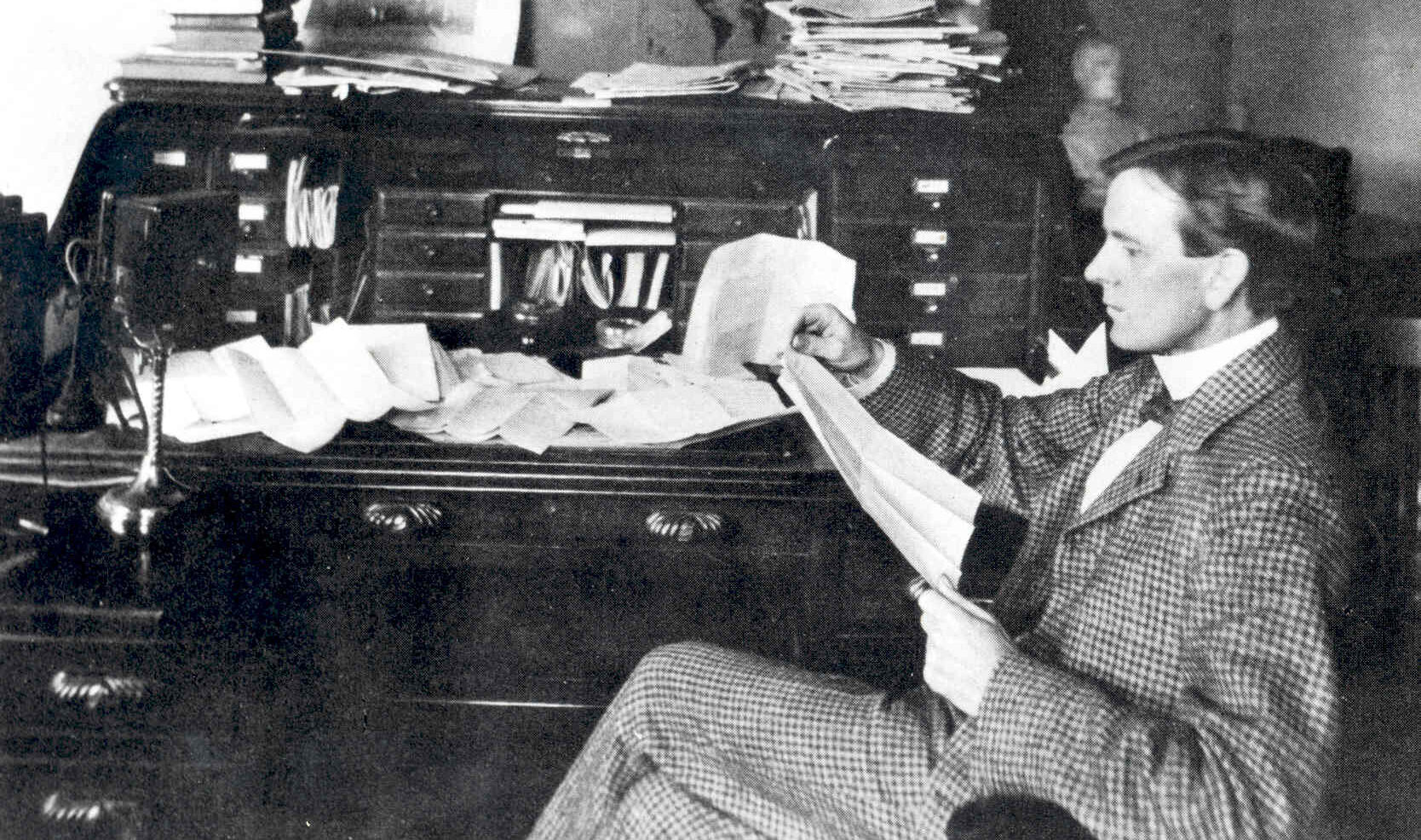
The Atkinson Fellowship in Public Policy – known simply as “The Atkinson” – was established in 1988 to demonstrate the power of journalism to serve the public good. It’s for journalists who have high expectations for themselves and for this country: Canada’s best journalists. It’s a year to “go deep” and to tell a story that has real potential to change public policy.
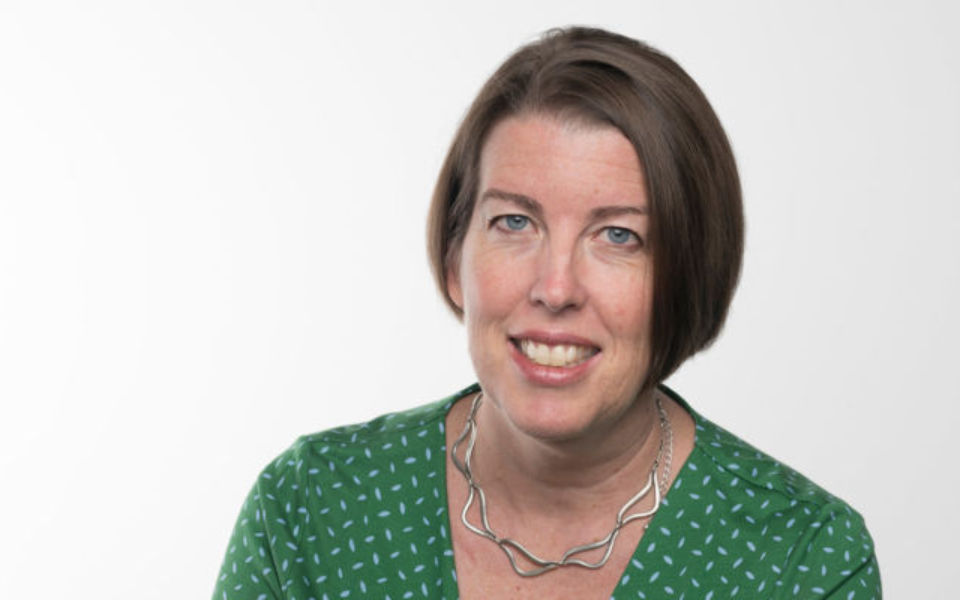
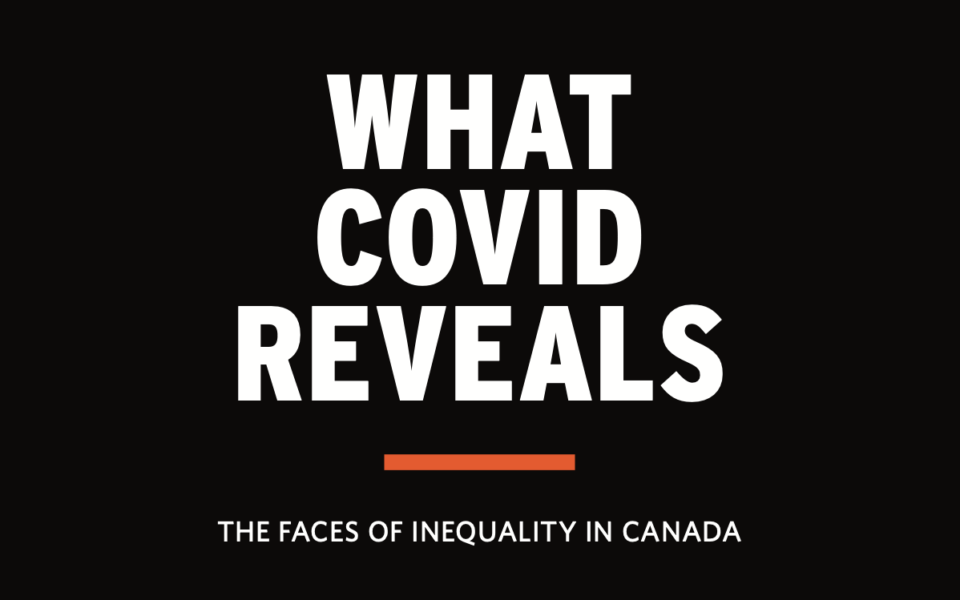
Stephanie Nolen used her 2020-2021 Atkinson Fellowship in Public Policy to investigate what COVID-19, and the concurrent economic crisis, reveals about inequality in Canada. She shares a year in the life of working women, migrant workers and asylum seekers, and those who could not “just stay home” during lockdowns. Stephanie tells stories that point to public policy challenges and opportunities, and informs the national conversation about how to “build back better.”
When these articles were published in the Toronto Star, many people asked for a PDF version as a resource for teaching and advocacy. We’re excited to share it here.

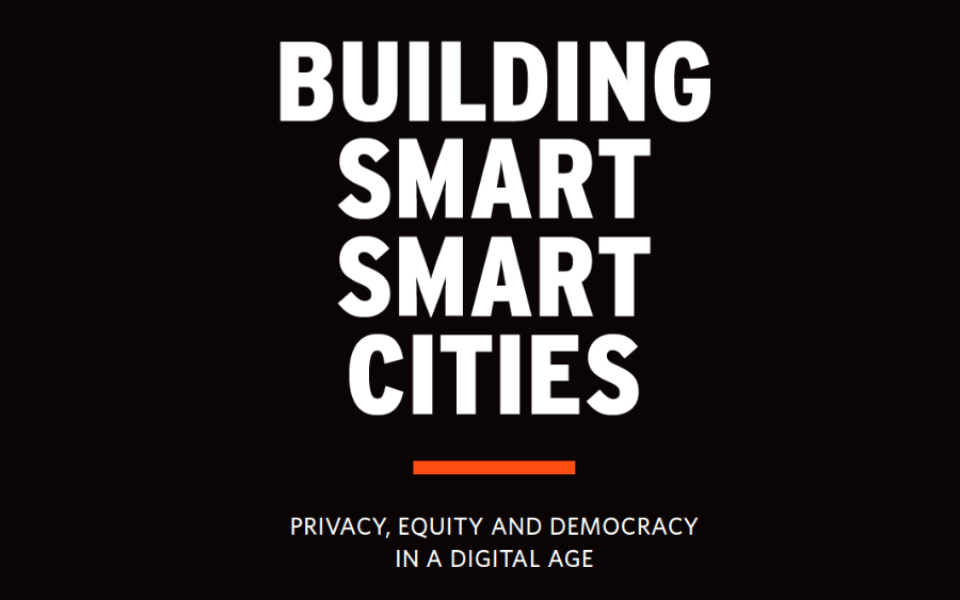
As the 2019-2020 Atkinson Fellow in Public Policy, John Lorinc took a deep dive into the politics and governance of smart city technology. From more than a dozen cities around the world, he reported on the complex impact on personal privacy, equity and democracy when you add new technology into old urban planning processes. Drawing on the wisdom of government officials, tech advocates, and community organizers, the series zeroes in on critical public policy reforms related to privacy, data, and accountability.
As the COVID-19 pandemic has increased interest in tech-based solutions, we’ve compiled John’s work into an open-access publication.

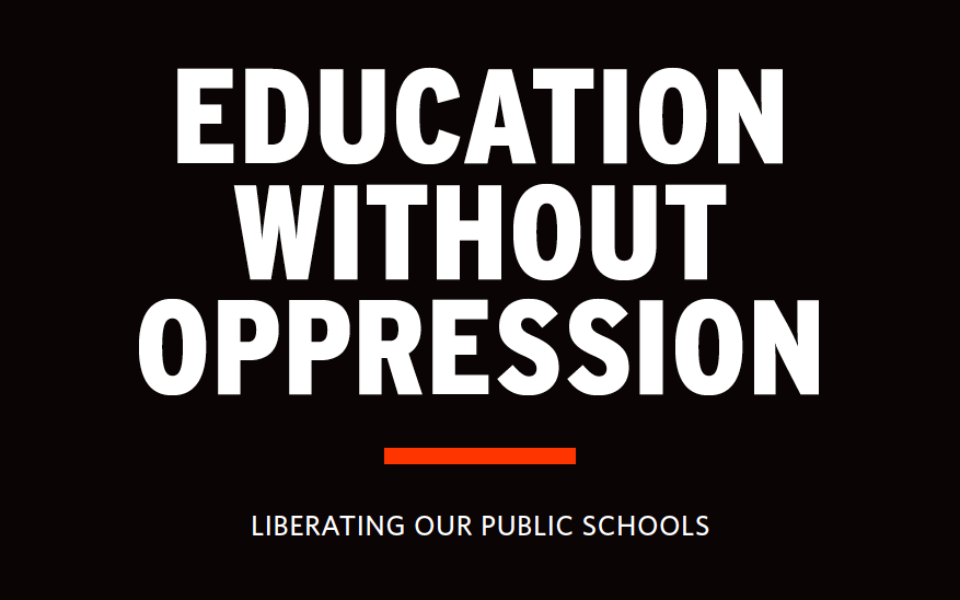
Shree Paradkar used her 2018-2019 Atkinson Fellowship in Public Policy to investigate how Canada’s public education system has failed to deliver equitable outcomes for Black and Indigenous students. She took us to schools around the world that are tackling inequities and liberating public education systems. They’re altering curriculums and engaging whole communities in meaningful ways – giving us lots to learn.
Educators, students, parents, and policy makers listened closely and wanted more. To make sure the series was an accessible resource around the world, we’ve compiled Shree’s work in a print format.

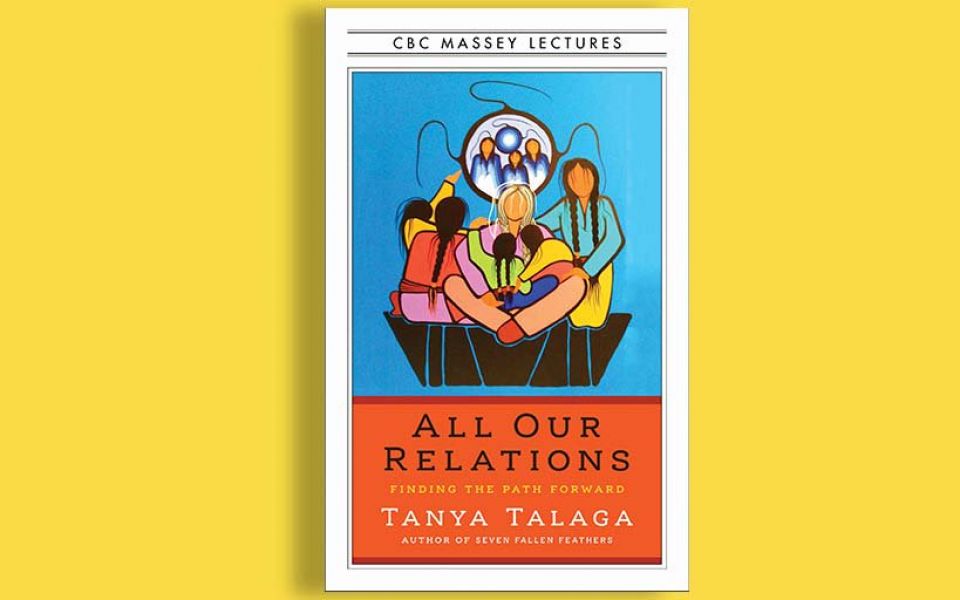
Tanya Talaga was the 2017-2018 Atkinson Fellow and 2018 CBC Massey Lecturer. Her five-part series, All Our Relations: Finding the Path Forward, explores the connections between colonization and Indigenous youth suicide in Canada and internationally. She traveled to Halifax, Saskatoon and Vancouver for CBC Ideas . Her book is available for purchase from House of Anansi Press here.
Tanya is the first Atkinson Fellow to be named the Massey Lecturer. This is also the first time the Atkinson and the Masseys have been devoted to the same topic in the same year.
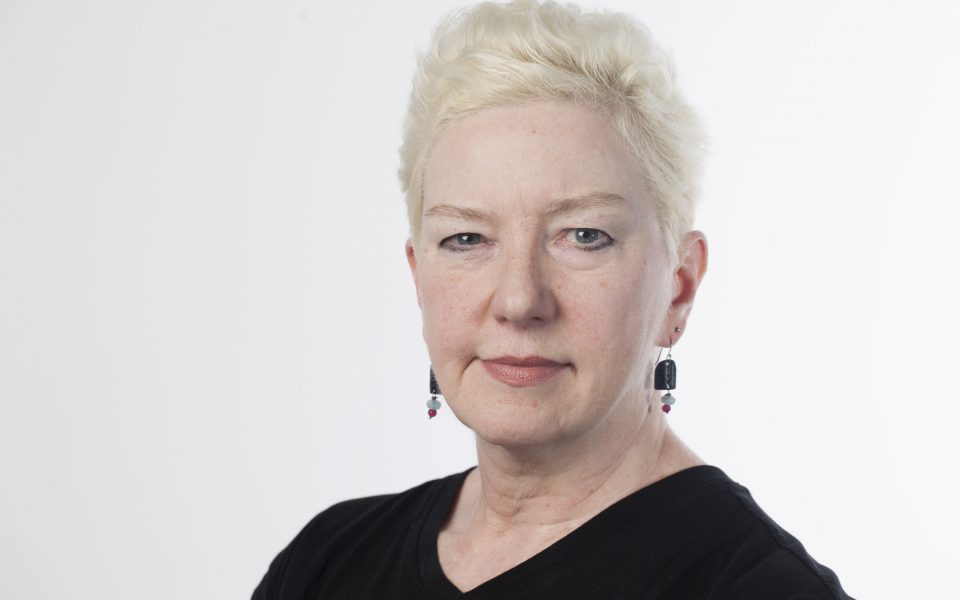
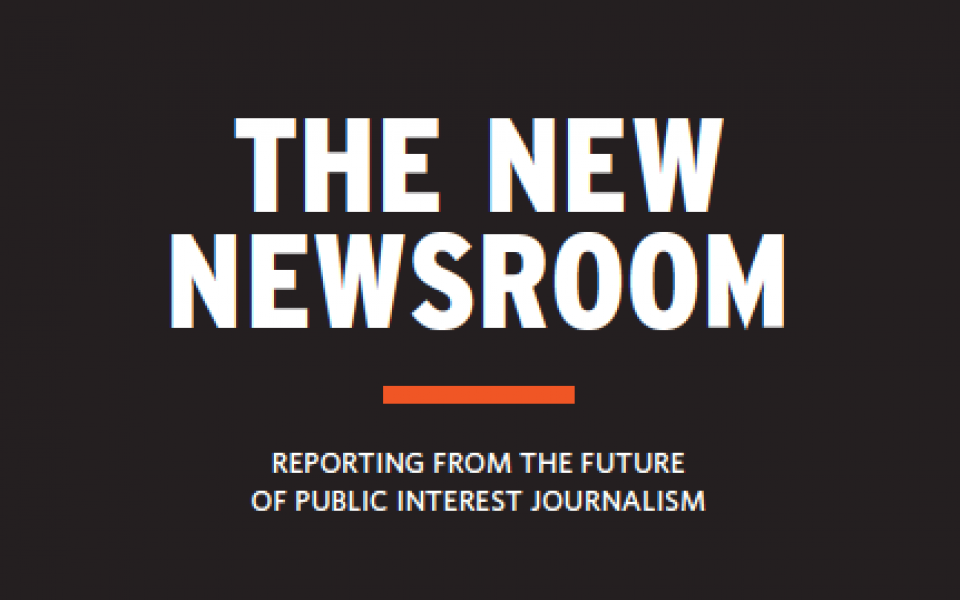
As the 2016 – 2017 Atkinson Fellow in Public Policy, Catherine Wallace explored the future of journalism at a time the number of working journalists in Canada was in sharp decline. She went beyond examining new business models, instead focusing on what role the community can play in helping fill the gap in information and storytelling. From universities to museums to everyday citizens, Wallace reported on new kinds of collaborations that are helping make sense of data, inform the public and hold governments accountable.
When the public conversation started to heat up this year, we decided to re-publish Catherine’s work in print and on a digital platform . She took this opportunity to update her series and to write a new article on the collaborations and other actions that are shaping the future today.
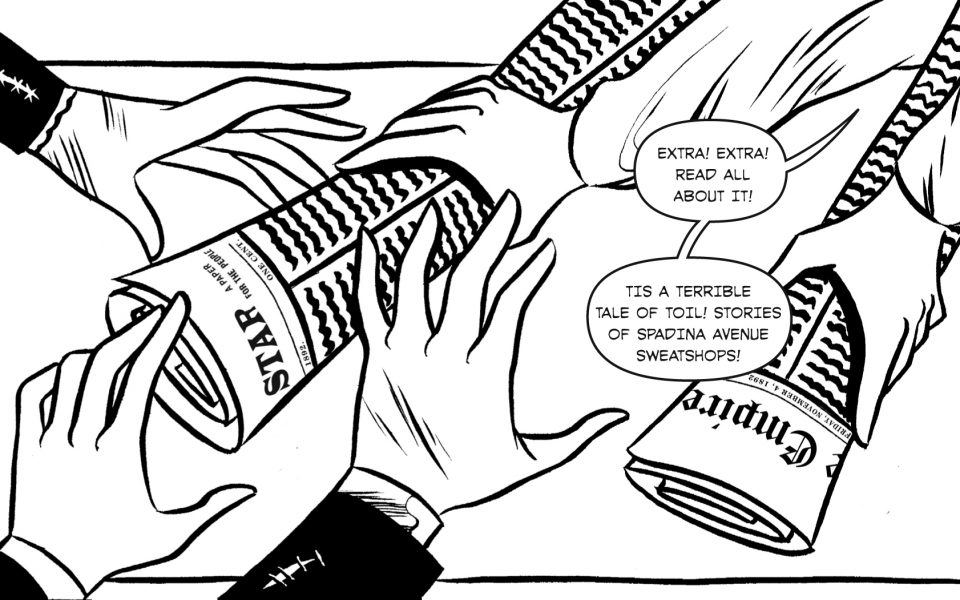
“Too often ‘news’ can be merely the new, the dramatic or the unusual. But to be good journalism, it also needs to answer the question ‘why?’ Good journalism has a mission to witness but also to explain. And that requires patience, resources and ‘going deep,'” concludes Peter Goodspeed in his reflections on the 30th anniversary of the Atkinson Fellowship in Public Policy.
Peter was the 2013 – 2014 Atkinson Fellow. He spent a year investigating Canada’s refugee policy in relation to the Syrian refugee crisis. In this retrospective, he shares his conversations with alumni about their experience, where their reporting took them, and the contribution they made to our public life.
More images by Willow Dawson from the Atkinson Foundation’s 75th anniversary graphic novella can be found here.
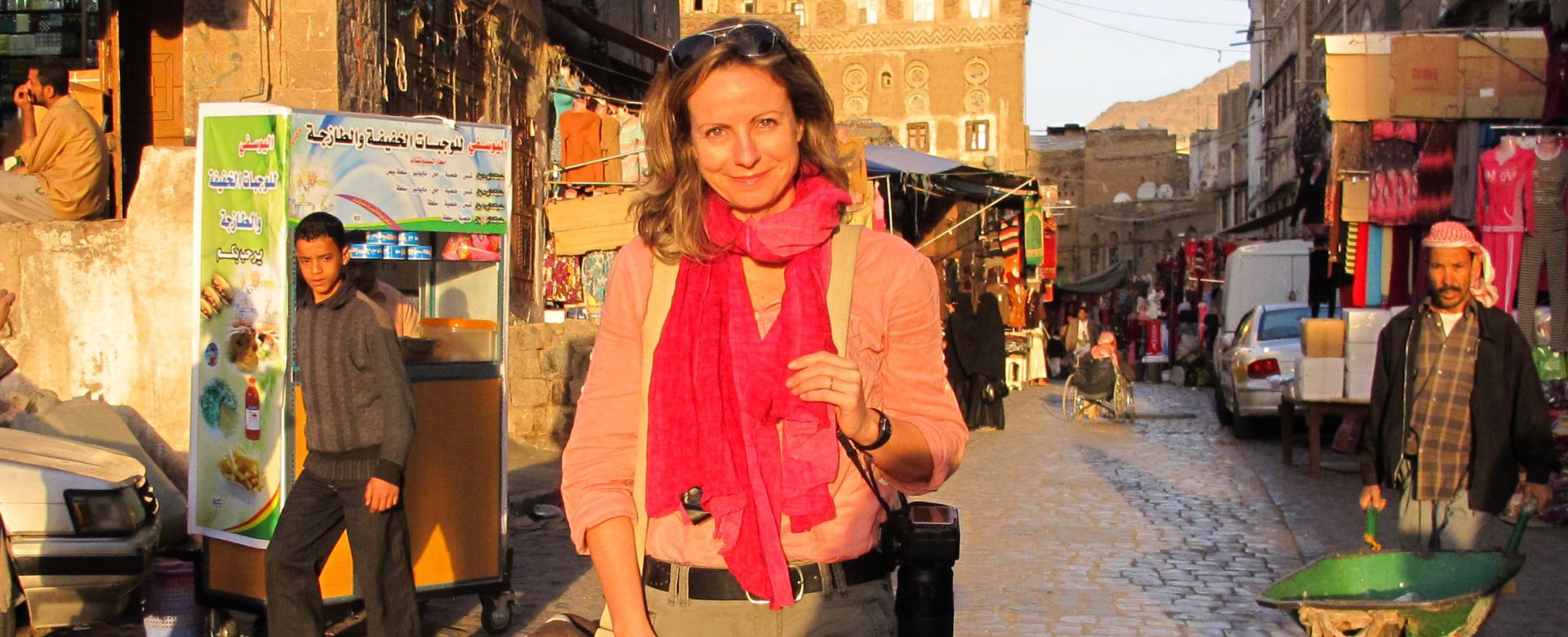
In honour of the Toronto Star’s legendary publisher, Joseph Atkinson, the Atkinson Foundation and the Honderich Family provide a seasoned Canadian journalist with $100,000 and a year to investigate a critical public policy issue. Atkinson Fellows write a series of articles for publication in the Star at the conclusion of their fellowship.
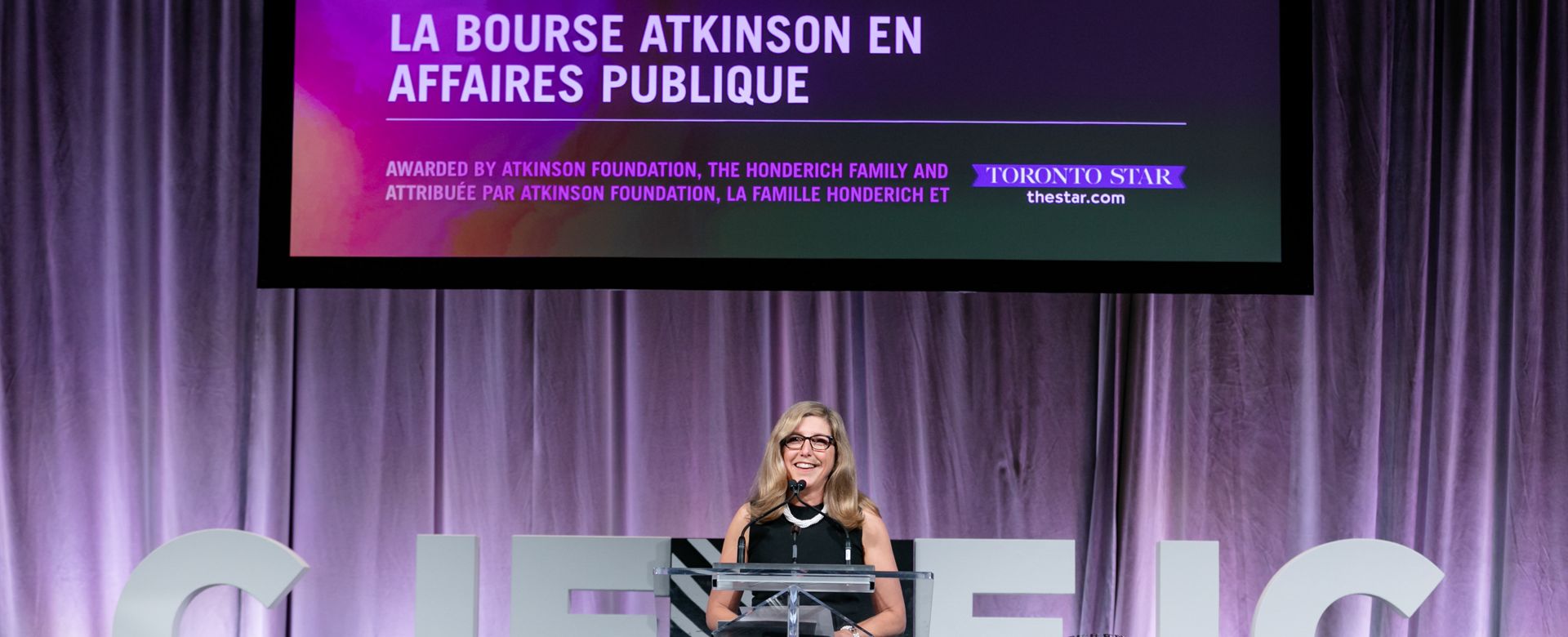
As the 2020-2021 Atkinson Fellow in Public Policy, Stephanie Nolen will take a deep dive into the story of the year – the COVID-19 crisis. She will explore the effects of COVID-19 on people, as well as the long-term impact on public health and the economy.
“I learned in my years of covering HIV that viruses have a way of revealing a lot about the societies where they wreak havoc,” said Nolen. “This virus is new and mysterious, but history suggested that COVID-19, like others before it, would exploit the fault lines of privilege in our society and that the most vulnerable people, such as residents of nursing homes and workers in meat processing plants, would be the least able to defend themselves… What policies and structures and institutions created those vulnerabilities? And also, what do we choose to do with this extraordinary opportunity that we have to start doing some things differently?”
Nolen has covered global human rights and public health issues, including epidemics, in more than 80 countries, from Afghanistan to Uruguay. She spent 17 years as a foreign correspondent for The Globe and Mail. She is an eight-time National Newspaper Award winner, and holds the national record for reporting nominations. Nolen has four honorary doctorates, wrote a best-selling book about the African AIDS pandemic and was an Ochberg Fellow on journalism and trauma at Columbia University.
Atkinson Fellows in Public Policy have tackled issues Joseph Atkinson would have pursued – equity, health, education and welfare reform – but also others beyond his imagination. The goal of social and economic justice is the common denominator across issues, media platforms and generations.
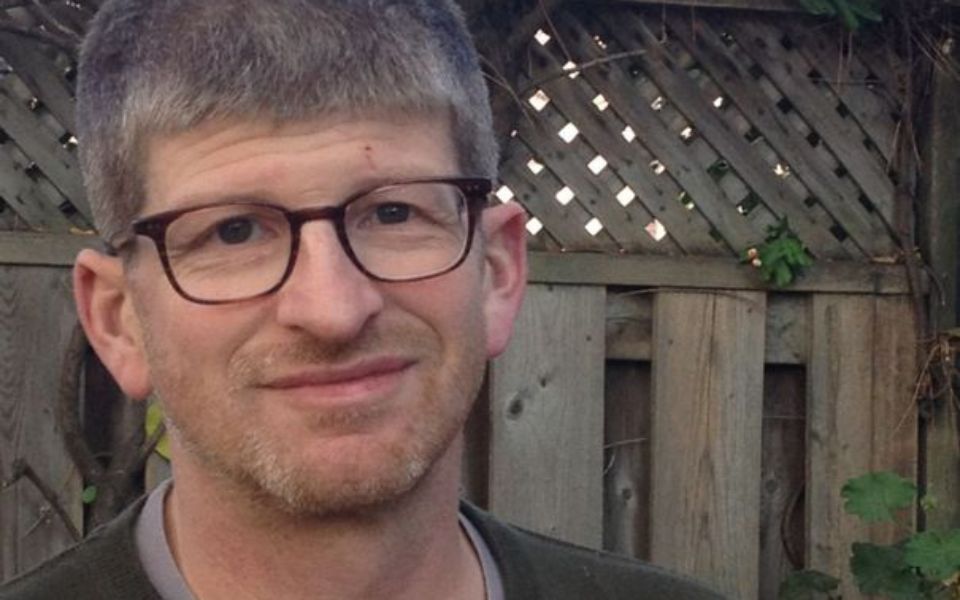




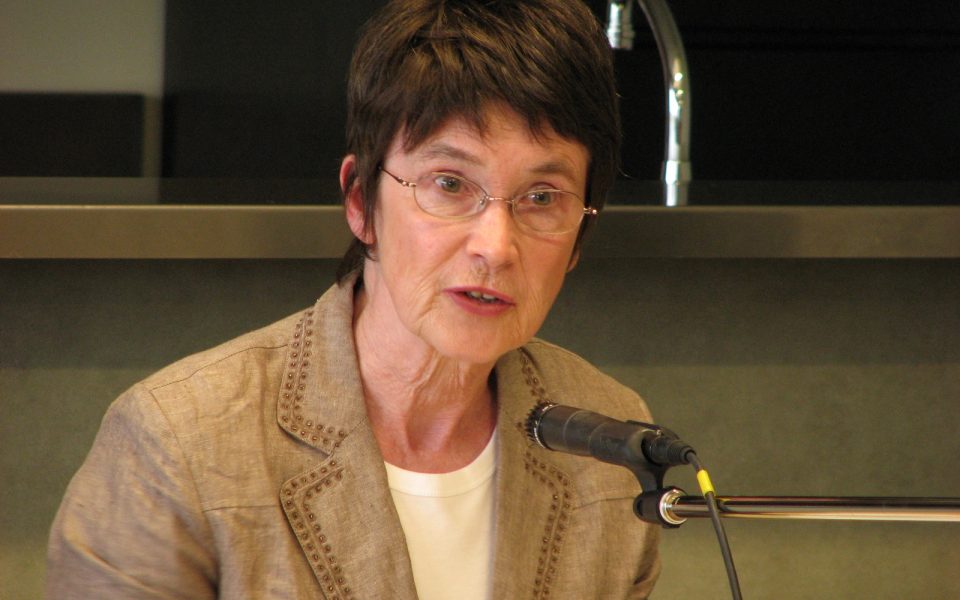
We are no longer accepting applications for the Atkinson Fellowship in Public Policy.
The Canadian news media industry is changing, so “The Atkinson” must change too. After more than thirty years, this one-year fellowship program has come to an end. We are taking some time to consider how best to continue investing in journalists who — in the Atkinson tradition — can have a significant positive impact on Canada’s public policy discourse.
This year, our focus is on 2020 – 2021 Atkinson Fellow in Public Policy Stephanie Nolen’s timely series on COVID-19, and bringing it into the public policy arena as quickly as possible.
From Ann Pappert who was selected as the first Fellow, researching the social policy implications of reproductive technology, to Stephanie, and everyone in between, Atkinson Fellows in Public Policy have investigated issues Joseph Atkinson would have pursued vigorously – equity, health, education, and welfare reform – and many others beyond his imagination. What’s more, their reporting has consistently been at the cutting edge of the news.
A proud legacy upon which we intend to build. Stay tuned to this space to learn about new opportunities for Canadian journalists.
If you have questions about the Atkinson Fellowship in Public Policy, please contact Jenn Miller, Director of Mission and Money, at the Atkinson Foundation.
ATKINSON FOUNDATION
130 Queens Quay East, West Tower, Unit 900
Toronto, Ontario M5A 0P6
Tel: 416.368.5152
Fax: 416.865.3619